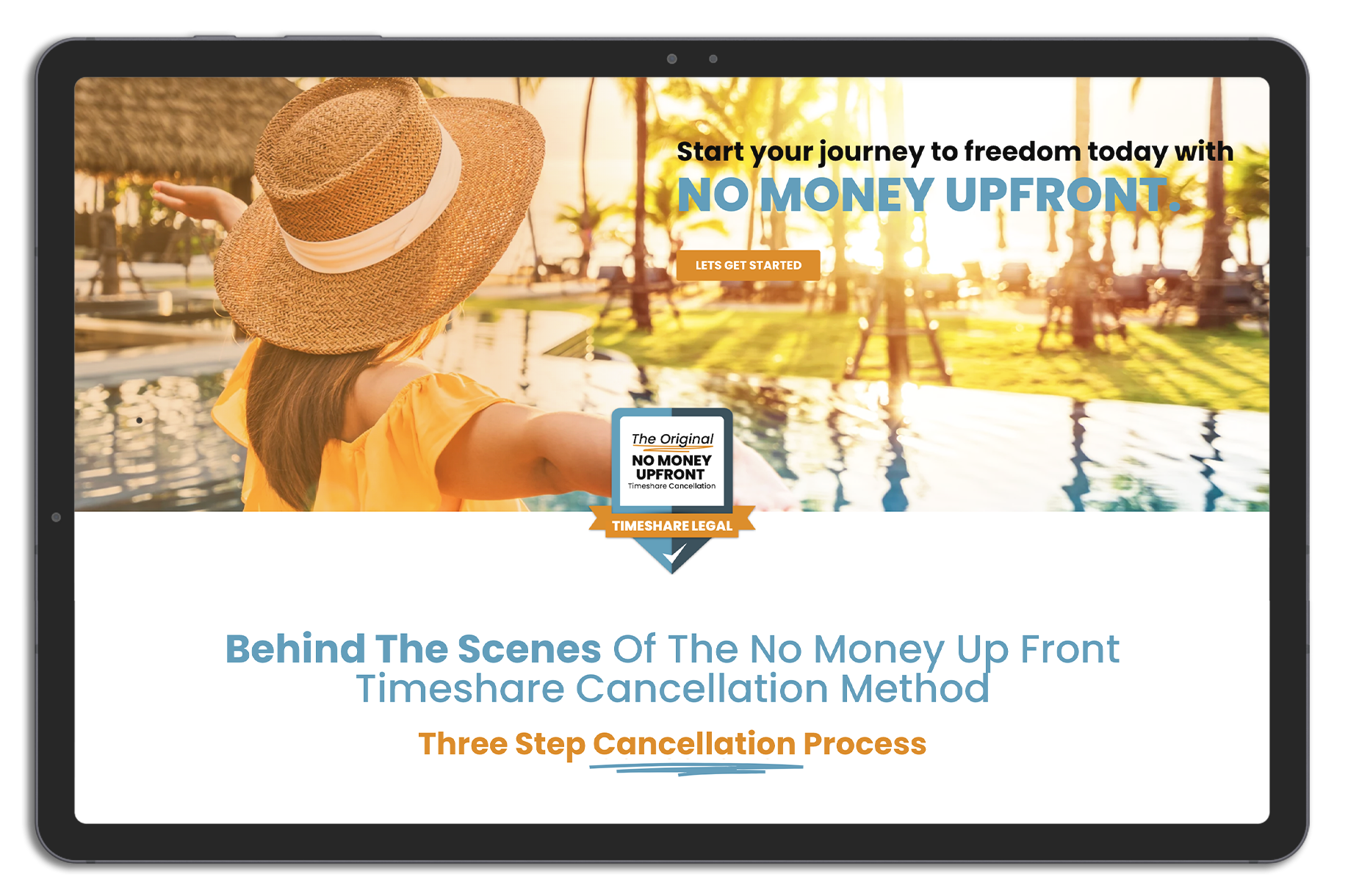Timeshare math isn’t math, but sales tricks lure unsuspecting victims into the timeshare trap. In this article, I will cover the actual math behind timeshares – including purchasing costs and timeshare maintenance costs. Our goal is that you can avoid being trapped in another timeshare purchase and also use this information to get a leg up on your timeshare company.
The easiest way to cancel a timeshare is never to buy one.
Timeshares are a poor financial decision.
No matter how you skew the facts. Timeshares are not logical financially (this does not include secondary market timeshares/resale timeshares). That doesn’t mean you should not buy a timeshare but only do so knowing that you are paying a premium to own a timeshare. The reality of buying a timeshare from a timeshare developer is so ridiculous that timeshares are most often sold because of unethical timeshare sales people lying to deceive buyers.
The most significant area these timeshare companies dupe people is their math – or rather, their need for more transparency regarding the cost. When you add the cost to buy, the cost to maintain, and the cost to exchange your timeshare – while also factoring in what you are buying (the actual features and benefits), it is one of the worst possible financial decisions.
The cost to purchase a timeshare
The first area where timeshare companies grossly mislead buyers is the actual purchase cost. The most significant considerations they will not tell you on the timeshare presentation are the following:
- The timeshare is not an asset but a financial liability because benefits are conveyed from the developer, meaning the timeshare does not have a resale value anywhere close to the developer’s price tag. Check here to see what timeshares are selling for, and you will see the reality that timeshares have ZERO value on the secondary market.
- The interest rates on timeshare financing are usually in the double digits – unless you pay cash for the timeshare, you will spend almost double the purchase cost to finance the timeshare if you pay through the end of the loan term.
- The number of points purchased will most likely not cover the vacation time you want to take, the unit size you need, or the season you prefer to travel during – over 71% of the timeshare transactions were from existing owner upgrades, according to an industry report by ARDA who acts as the timeshare industry lobbying organization. When you bought the timeshare, the salesperson’s original argument was that the cost to own a timeshare would be cheaper than renting hotels or condos – but we need to calculate a nightly rate with the financing included to see what we’re actually spending.
Timeshare Maintenance Fees
The second (and often most hated part of owning a timeshare) is the never-ending maintenance fee. When you think about the math from above, it’s already impossible to justify purchasing a timeshare directly from a timeshare developer. Still, maintenance fees perpetuate the absurdity of the timeshare industry.
- The maintenance fees never end – This is a cost that never goes away and is one of the most significant downsides to owning a timeshare.
- The fees go up almost every year. Ask any timeshare owner when their timeshare maintenance fees decreased last time.
Calculate timeshare maintenance fee costs and project your total cost over time.
The timeshare developer usually controls the HOA – Check the quarterly filings (available for free here) for any of the publicly traded timeshare companies, and you will find that they often make money by managing HOAs (usually a 10% fee of the annual resort budget). It gets sketchy that these companies usually maintain a controlling interest in each timeshare plan or resort they sell.
In closing
Whether you’re looking to get into a timeshare for the first time or already own one, follow these rules to make the best decision for your family. The last thing you want to have to deal with is terminating an unwanted timeshare.

